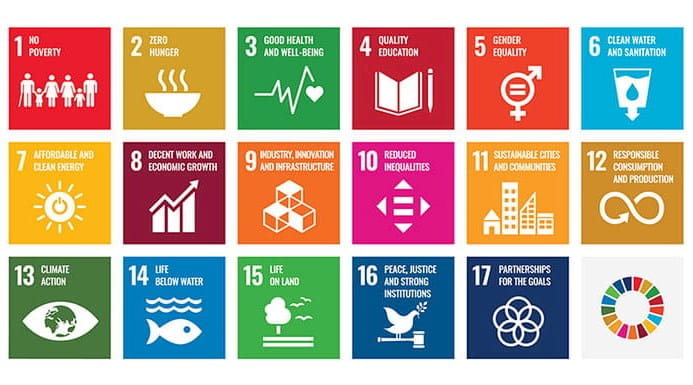Having grown up in Kent in the 1980s, PwC’s IT project manager Martin Garthwaite left comprehensive school at 16 with no plan or intention of further study. But a ”piece of luck” changed the course of his life, setting him on an unimagined professional career.
After a year of working in the catering world – where he’d followed a friend – and training as a chef, Garthwaite was adrift. He knew he didn’t want to pursue a job in the kitchen, but he had no idea what to do next.
Coming from a working-class background where none of his family had professional careers and with little career advice to inspire him, he went to the local job centre.
“I didn’t want to go to university. Back then, a very small percentage of people actually went to university. So, at the age of 19 I went down to the Job Centre and found a fully funded course in business and IT that was compressed into one year. I signed up,” he says.
Critically, he was paid to study. Garthwaite confirms: “I wouldn’t have been able to do it if I wasn’t being paid.” And that opportunity changed the course of his life.
This is the main reason he signed up to volunteer with the Rise programme, and why he dedicates much of his life to mentoring and helping children in or from low-income areas.
“That one piece of luck changed everything for me. When I talk about social mobility, what I like to talk about is not inherent talent – it’s about being in the right place at the right time and being able to make use of those opportunities when they arrive,” he says.
Levelling up, not lucking out
An ability to pursue a successful, well-rounded career shouldn’t be just about luck, which is why Garthwaite has participated in two workshops for Rise and plans to do more.
It’s now rare to find those fully funded courses that also pay to keep pupils in education. When Garthwaite had a second opportunity at education, he wasn’t lumbered with student debt or loans and could concentrate on studying without worry about a future job that paid enough to pay off his debts. Today, he doesn’t see enough of those same opportunities for children from deprived areas.
“Like most working-class kids who don’t have anyone in their family that you would call a professional – no lawyers, etc – you’re very much limited to your world of your parents and your relatives. So for me doing Rise, it is one of those opportunities where you can tell that story and hopefully plant those seeds.
“I find it very rewarding to do those Rise sessions. It’s a two-way street and I get an awful lot out of it – and I hope the kids that I interact with also get something out of it.”
Broadening horizons and skillsets
Garthwaite is a manager in cloud, digital and data at PwC, but for the past year he has been on secondment as a career coach.
“Everybody at PwC has a career coach. I look after 86 senior associates in terms of their hopes, dreams, aspirations and where they want to go in the firm, and I mentor them.”
His employer, PwC, recently dropped its requirement for a 2.1 degree to join its graduate training programme and is actively recruiting school leavers, which he’s pleased about because, despite encouraging everyone to pursue academic study, “exam results are no indicator of how someone will perform in the world of work”.
So far, Garthwaite has participated in two different Rise workshops. The first was at Chantry Academy in Ipswich and the other was at Chase Community School in East London. He says because there are three or four volunteers from different employers, as well as a Rise facilitator and the school teacher, the workshops are well managed and productive.
“The aim is to get young people to look at real world problems using the Rise skills framework. We go through the different exercises focusing on three of four of the eight skills in the framework, including things like problem solving, communicating and active listening.”
Like many Rise volunteers, Garthwaite says that COVID-19 has had a “massive impact” on the young people he works with. It is particularly noticeable in terms of communicating and team wor, he says, because they missed so much school and social interaction at a critical time in their young lives. This is another reason why he values the Rise programme.
“Some of these kids have never left their London borough in this massive metropolitan city with so much to offer! For me, as a person that is helping to facilitate Rise, it is a bit of a wake-up call to serve some very deprived communities. So, any little thing I can do to try and redress that balance is incredibly rewarding.”
More on Rise
Get involved
Your organisation can support social mobility and help young people develop the skills that business needs by joining Rise.




